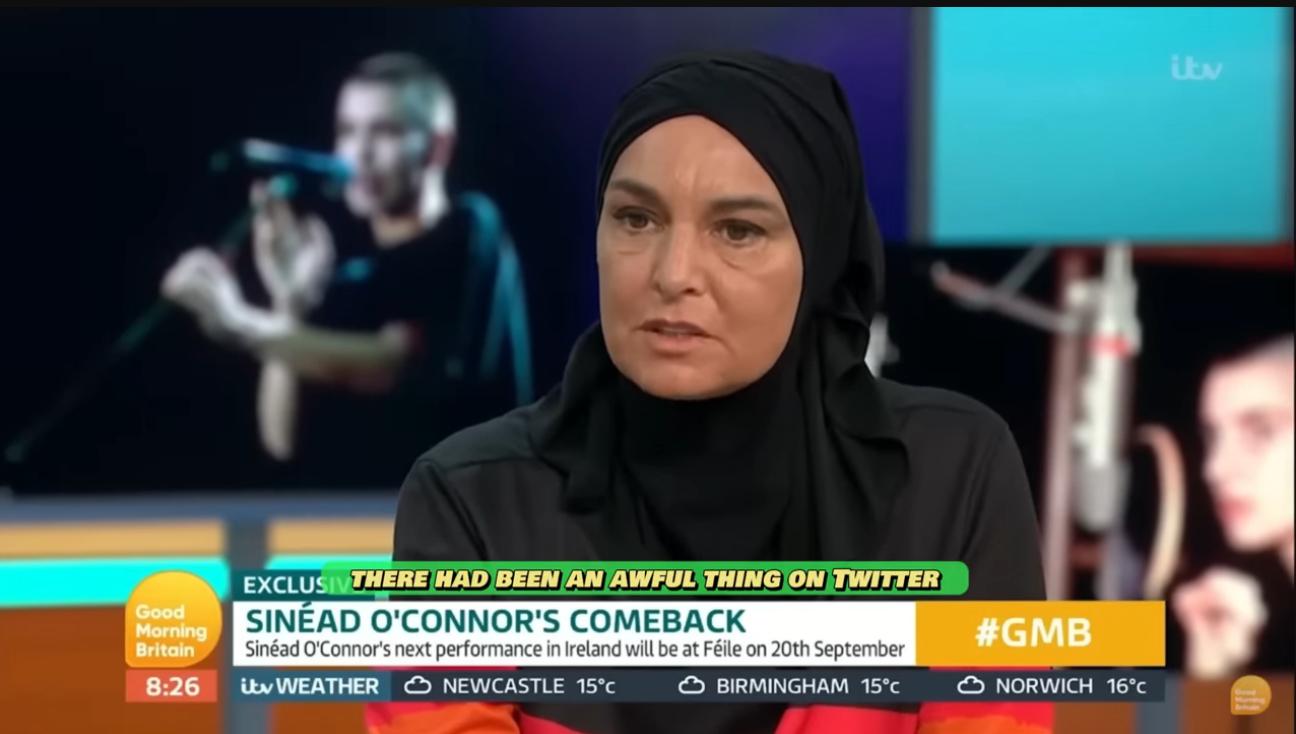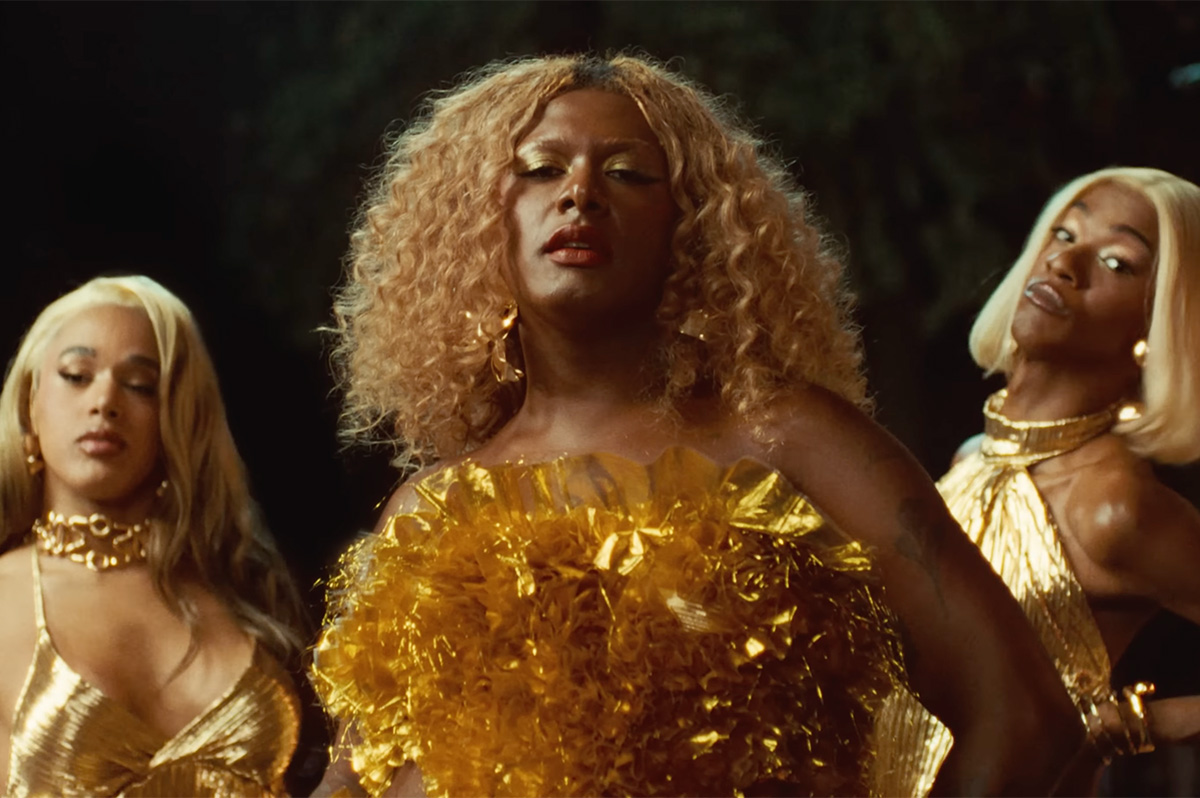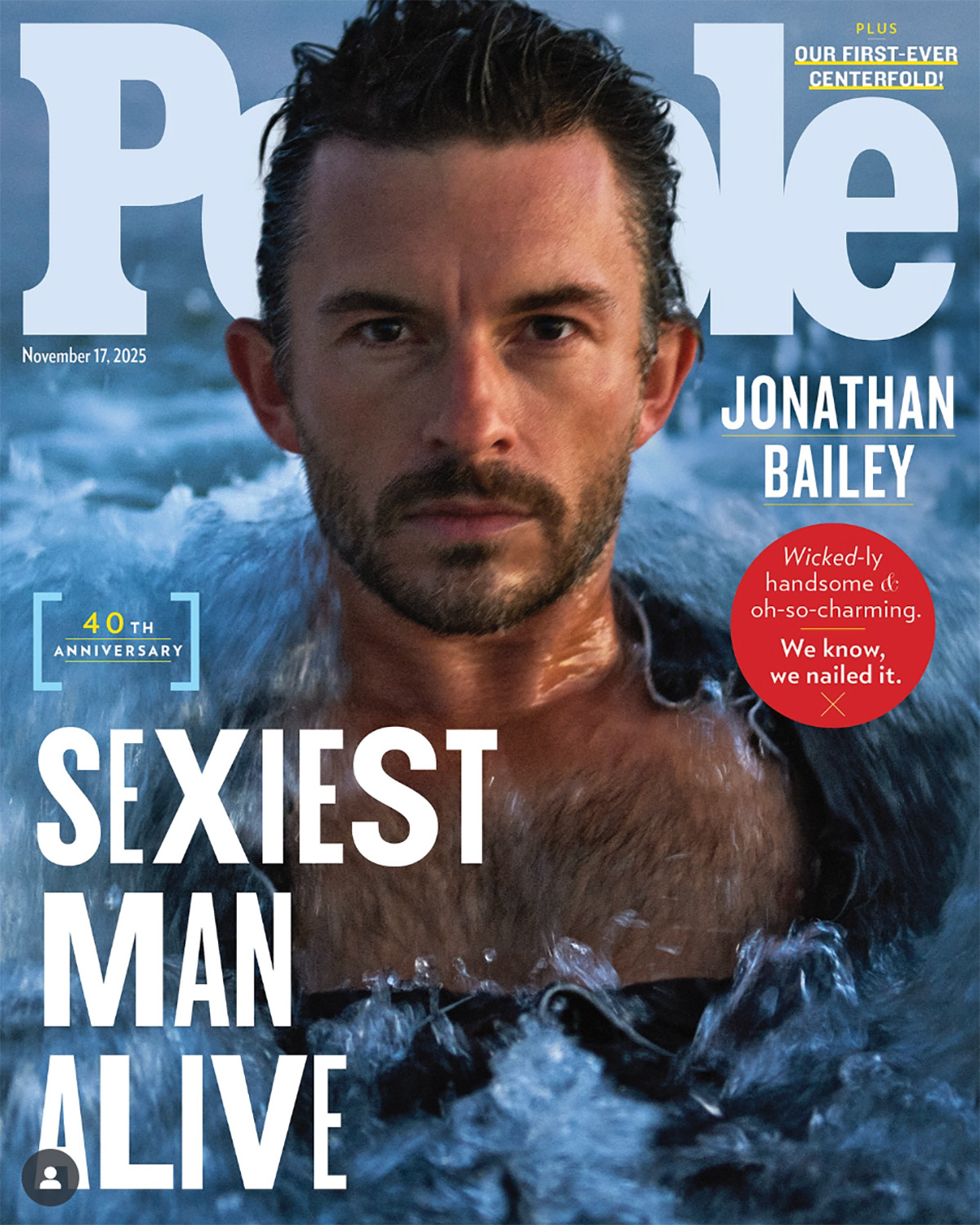Celebrity News
Sinead O’Connor dead at 56
Irish musician’s family announced passing on Wednesday

In a statement released by her family, it was announced that Sinead O’Connor has died at the age of 56.
The pop singer rocketed to fame three decades ago with her 1990 cover of Prince’s “Nothing Compares 2 U,” but gained notoriety for her political positions and denouncing pedophilia existing within the Catholic Church.
“It is with great sadness that we announce the passing of our beloved Sinéad. Her family and friends are devastated and have requested privacy at this very difficult time,” the statement read.
Her death follows a year after she lost her 17-year-old son Shane, who died by suicide. The singer’s passing was reported on Wednesday, however details surrounding her death remain unknown currently.
O’Connor, has four children by four partners and has been married three times. She had converted to Islam in 2018 and changed her name to Shuhada Sadaqat. She continued to perform under the name Sinead O’Connor. She was also politically active and open about her life, often offering public opinions and commentary that offended some people.
In 1992, she tore up a photograph of Pope John Paul II on Saturday Night Live, earning her a ban from NBC’s iconic late-night live television sketch comedy and variety show.
In a profile of that moment reported in the music industry publication Far Out, writer Jack Whatley noted:
“Taking to the famous Studio 8H stage, the camera panned to O’Connor, who, staring directly down the barrel, delivered a cappella rendition of Bob Marley’s song ‘War.’ The track choice was a deeply poignant one and was delivered as an attempt to protest against the widespread sexual abuse of children in the Catholic Church. It was intended to flip Marley’s original war on racism and train its crosshairs on child abuse.”
O’Connor, who started to sing the lyrics: “We have confidence in good over evil,” held up a photograph of Pope John Paul II to the camera at the very moment she sang the word “evil,” and with a flash of intensity, both in her eyes and vocals, she began tearing it up in pieces, throwing them at the camera and stating: “Fight the real enemy.” Apparently, the photo was one that had been situated on her own mother’s wall since 1978.
O’Connor was also quite open about intimate details of her life with fans and the press.
In a Aug. 31, 2011, article from Reuters, her sexual orientation was a central focus. Reuters reported that the singer revealed “her sexual frustration in a series of blog and Twitter posts, much to the amusement of her followers.”
Reuters noted: “I am in the peak of my sexual prime and way too lovely to be living like a nun, and it’s VERY depressing,” wrote O’Connor in a blog posted earlier this month.
The singer has previously spoken of her romantic relationships with men and women.
O’Connor outed herself as a lesbian in an interview with Curve magazine in 2000, but later retracted the statement and in 2005, told Entertainment Weekly “I’m three-quarters heterosexual, a quarter gay. I lean a bit more towards the hairy blokes.”
Sinead O’Connor, acclaimed Dublin singer, dies aged 56 https://t.co/00uq4SjSHr
— The Irish Times (@IrishTimes) July 26, 2023
As word of her death spread, the Irish Times newspaper in Dublin reported that Irish Prime Minister Leo Varadkar tweeted: “Really sorry to hear of the passing of Sinéad O’Connor. Her music was loved around the world and her talent was unmatched and beyond compare.”
Colm O’Gorman, executive director of Amnesty International Ireland, said to the paper in a statement: “It is hard to think of an artist who has had the social and cultural impact of Sinead. What a loss. Heartfelt condolences to her children, her family and all who loved her.”

Rob Reiner, most known for directing untouchable classics like “The Princess Bride,” “Misery,” “When Harry Met Sally…,” and “Stand by Me,” died Dec. 14 alongside his wife, Michele Singer Reiner, in their Los Angeles residence. While investigations are actively underway, sources have told PEOPLE Magazine that the pair’s son, Nick Reiner, killed his parents and has been taken into custody.
Reiner was a master of every genre, from the romantic comedy to the psychological thriller to the coming-of-age buddy movie. But in addition to his renowned work that made him a household name, Reiner is also remembered as a true advocate for the LGBTQ community. In 2009, Reiner and his wife co-founded the American Foundation for Equal Rights, helping fight against California’s Prop 8 same-sex marriage ban. They were honored at the 2015 Human Rights Campaign Las Vegas Gala.
In a statement, HRC President Kelley Robinson said: “The entire HRC family is devastated by the loss of Rob and Michele Reiner. Rob is nothing short of a legend — his television shows and films are a part of our American history and will continue to bring joy to millions of people across the world. Yet for all his accomplishments in Hollywood, Rob and Michele will most be remembered for their gigantic hearts, and their fierce support for the causes they believed in — including LGBTQ+ equality. So many in our movement remember how Rob and Michele organized their peers, brought strategists and lawyers together, and helped power landmark Supreme Court decisions that made marriage equality the law of the land — and they remained committed to the cause until their final days. The world is a darker place this morning without Rob and Michele — may they rest in power.”
Reiner’s frequent collaborators have also spoken out as the industry is in mourning, including figures like Ron Howard and John Cusack.
A joint statement from Jamie Lee Curtis and Christopher Guest (who starred in Reiner’s “This is Spinal Tap”) reads: “Christopher and I are numb and sad and shocked about the violent, tragic deaths of our dear friends Rob and Michele Singer Reiner and our ONLY focus and care right now is for their children and immediate families and we will offer all support possible to help them. There will be plenty of time later to discuss the creative lives we shared and the great political and social impact they both had on the entertainment industry, early childhood development, the fight for gay marriage, and their global care for a world in crisis. We have lost great friends. Please give us time to grieve.”
While attending the 2019 HRC Los Angeles Dinner, Reiner spoke out about the need for equality: “We have to move past singling out transgender, LGBTQ, black, white, Jewish, Muslim, Latino. We have to get way past that and start accepting the idea that we’re all human beings. We’re all human beings, we all share the same planet, and we should all have the same rights, period. It’s no more complicated than that.”
Brazil
Black transgender singer from Brazil wins three Latin Grammy Awards
Liniker performed at Las Vegas ceremony

A Black transgender singer and songwriter from Brazil on Nov. 13 won three Latin Grammy Awards.
Liniker, who is from Araraquara, a city in São Paulo State, won for Best Portuguese Language Song for her song “Veludo Marrom,” Best Portuguese-Language Urban Performance for her song “Caju” from her sophomore album of the same title, and Best Portuguese Language Contemporary Pop Album for “Caju.”
She accepted the awards during the Latin Grammy Awards ceremony that took place in Las Vegas. Liniker also performed.
“I’ve been writing since I was 16. And writing, and poetry, have been my greatest form of existence. It’s where I find myself; where I celebrate so many things I experience,” said Liniker as she accepted her first Latin Grammy on Nov. 13. “And being a composer … Being a trans composer in Brazil — a country that kills us — is extremely difficult.”
Liniker in 2022 became the first openly trans woman to win a Latin Grammy.
Celebrity News
Jonathan Bailey is People’s first openly gay ‘Sexiest Man Alive’
‘It’s a huge honor. And it’s completely absurd.’

Actor Jonathan Bailey made history Monday after he was named People magazine’s first openly gay “Sexiest Man Alive.”
Bailey is known for his starring role in “Wicked,” as well as well-received turns in “Bridgerton” and “Fellow Travelers,” for which he was nominated for an Emmy. He returns to the big screen on Nov. 21 in the “Wicked: For Good” sequel.
Bailey announced the news on the Nov. 3 “Tonight Show” with Jimmy Fallon.
“It’s the honor of a lifetime,” Bailey, 37, said. “I want to say, Jimmy, thank you so much for turning it down so that I could be here.”
Bailey told People, “It’s a huge honor. Obviously I’m incredibly flattered. And it’s completely absurd. It’s been a secret, so I’m quite excited for some friends and family to find out.”
People launched its popular “Sexiest Man Alive” issue in 1985 with inaugural winner Mel Gibson. Last year’s winner was actor John Krasinski.
Bailey came out publicly in 2018 and founded a nonprofit, Shameless Fund, which raises money for LGBTQ organizations and issues.




















